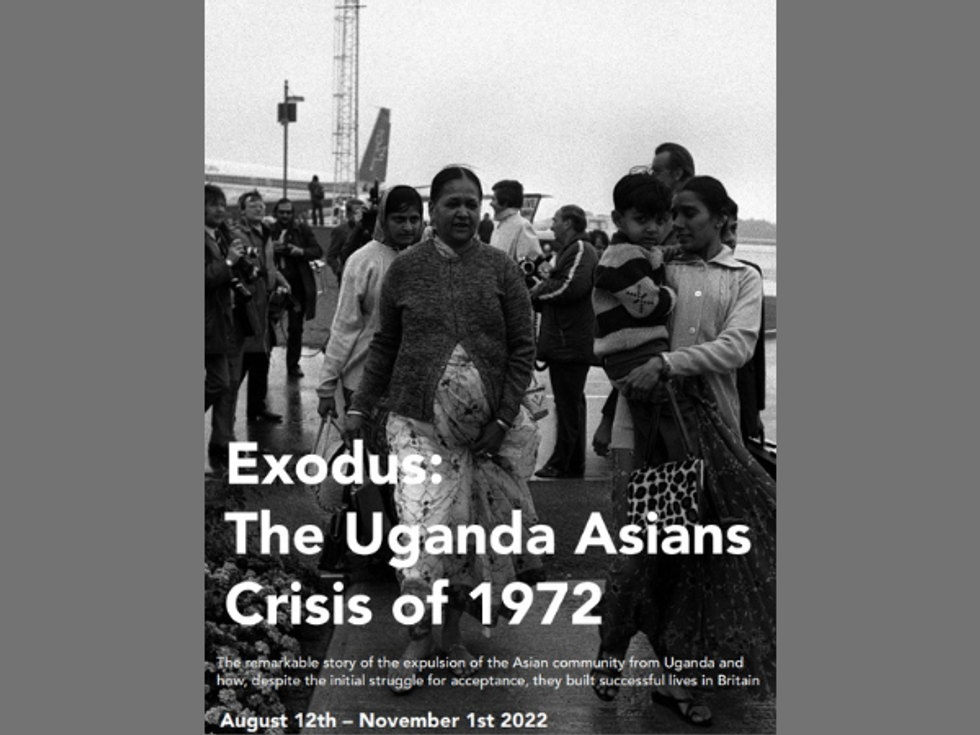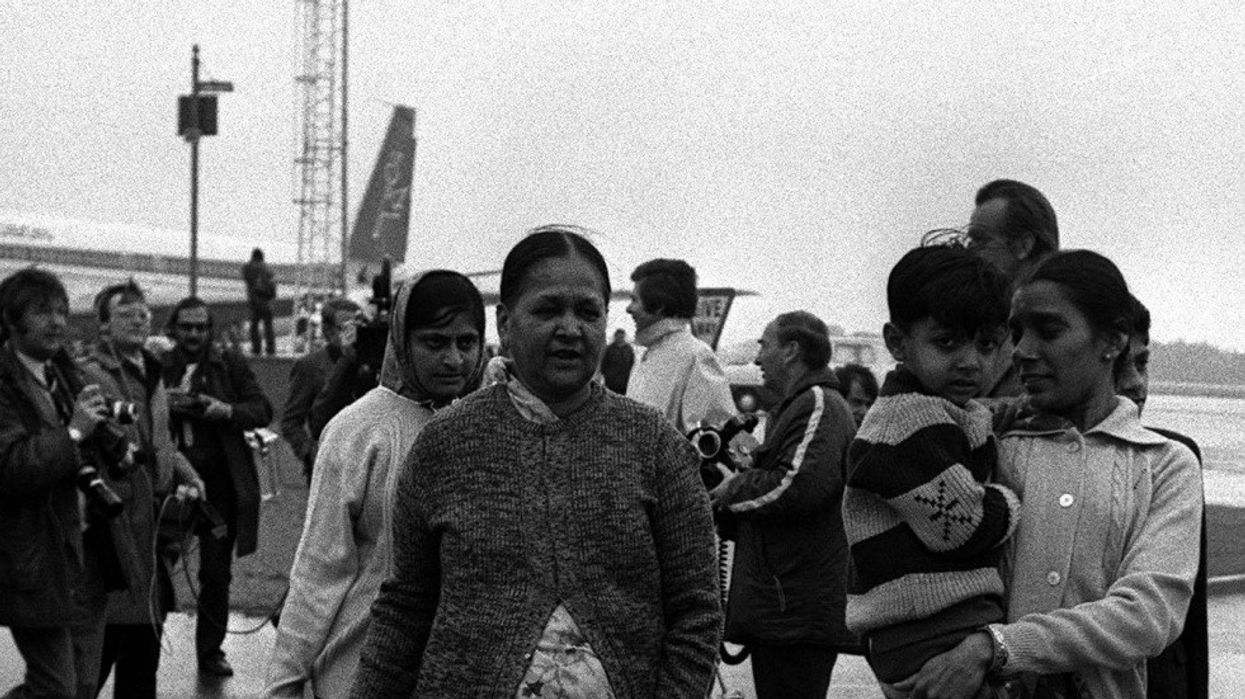The Sir Edward Heath Charitable Foundation on August 12 launched an exhibition: ‘Exodus: the Uganda Asians’ Crisis of 1972’ at Arundells, the home of Sir Edward Heath, the former British prime minister, to commemorate 50 years of the expulsion of the Asian community from Uganda by its then president Idi Amin Dada and the willingness of the Heath government to receive over 28,000 refugees. It will go on till November 1.
On August 4, 1972, Amin announced his intention to expel almost the entire Asian population of Uganda within 90 days. The exhibition speaks about the remarkable story of the expulsion of the Asian community from the East African nation; the initial resistance from some political elements to their admission to Britain – even though they were British passport holders; the courageous decision by the Heath government to honour Britain’s humanitarian obligations; and how from arriving virtually penniless, the community made new and successful lives in Britain over the last half a century.

The exhibition will feature material on:
· The history of the Asian community in Uganda, their position in the country’s economy and their citizenship status
· The 90-day deadline for the expulsion– and how this played out in both Uganda and the UK. In the case of the former, president Amin’s targets for expulsion grew from covering UK passport-holders and citizens of India and Pakistan to include almost all Asian citizens of Uganda, who were rendered stateless. Many Asians were robbed, harassed and raped and were restricted to leaving with no more than £50 a family.
· How, under the supervision of the Uganda Resettlement Board, most of the refugees arrived at Stansted Airport, many literally penniless and were accommodated in 16 temporary camps before being dispersed and helped to integrate in Britain. Despite attempts by the board to disperse them more widely, most refugees tended to gravitate to areas with existing Indian populations such as North West and East London and Leicester.
· The political context of the Heath government’s decision to accept the refugees in the face of unemployment having just exceeded one million and of a campaign by Enoch Powell MP at the Monday Club in Parliament and at the Conservative Party Conference to oppose the government’s humanitarian action. It also notes problems within the Conservative grassroots and the government’s efforts to persuade more countries to accept a share of the refugees.
· A review of the remarkable contribution made by the Ugandan Asian community to Britain over the last 50 years
Peter Batey CMG, OBE, Chairman of the Sir Edward Heath Charitable Foundation said, “Marking the 50th anniversary of the shocking expulsion of Uganda’s Asian population, this exhibition tells the remarkable story of the 28,500 refugees that came to Britain thanks to the open arms of Edward Heath’s government and the contribution they have made to the British society.
Heath’s decision was not only morally and legally right, it was also brave at a time when unemployment in Britain was surging and Enoch Powell was seeking to inflame anti-immigrant sentiment within the Conservative Party and the wider electorate. The experiences from 1972 remind us of Britain’s tradition of generosity towards refugees and the rewards for our nation that have stemmed from compassion and generosity.”
In a press release, the Sir Edward Heath Charitable Foundation thanked the Ahluwalia Family Foundation and of the Rumi Foundation and its advisory group featuring Rt Hon Shailesh Vara M.P., Cllr Ravi Govindia and ecotourism expert and entrepreneur Praveen Moman for their support to the exhibition.




